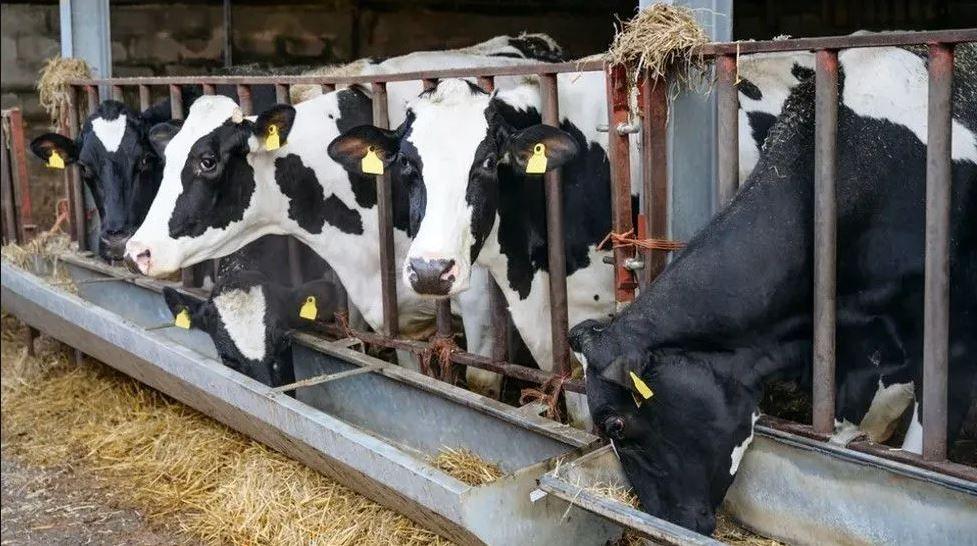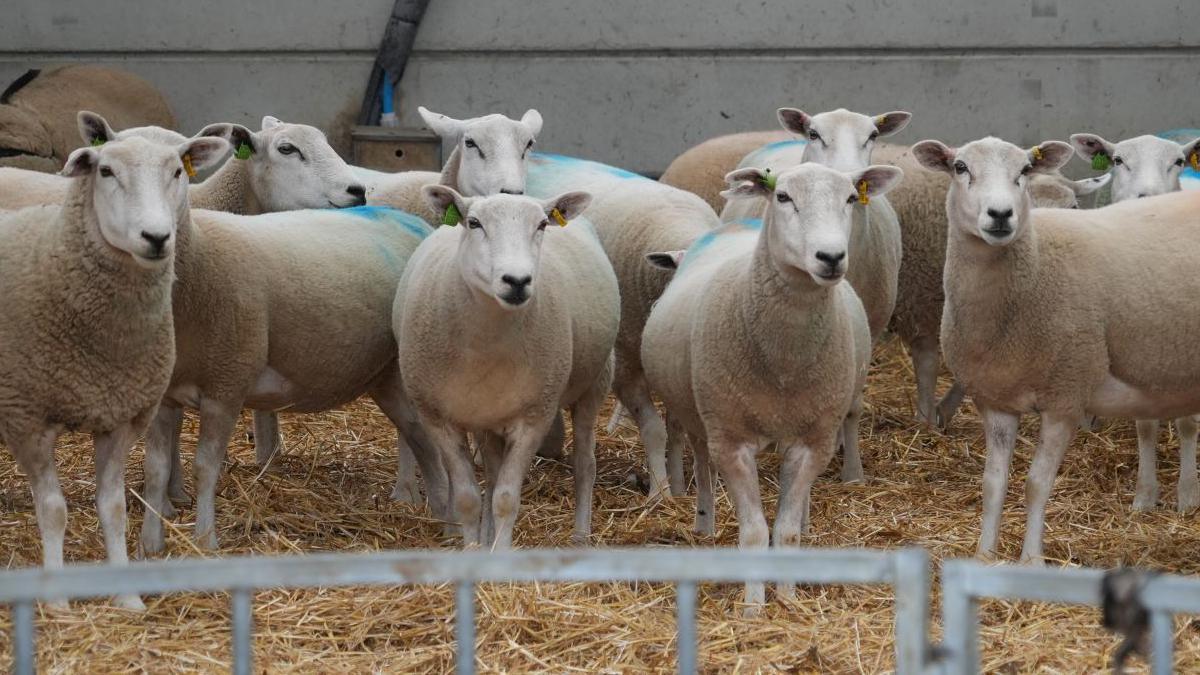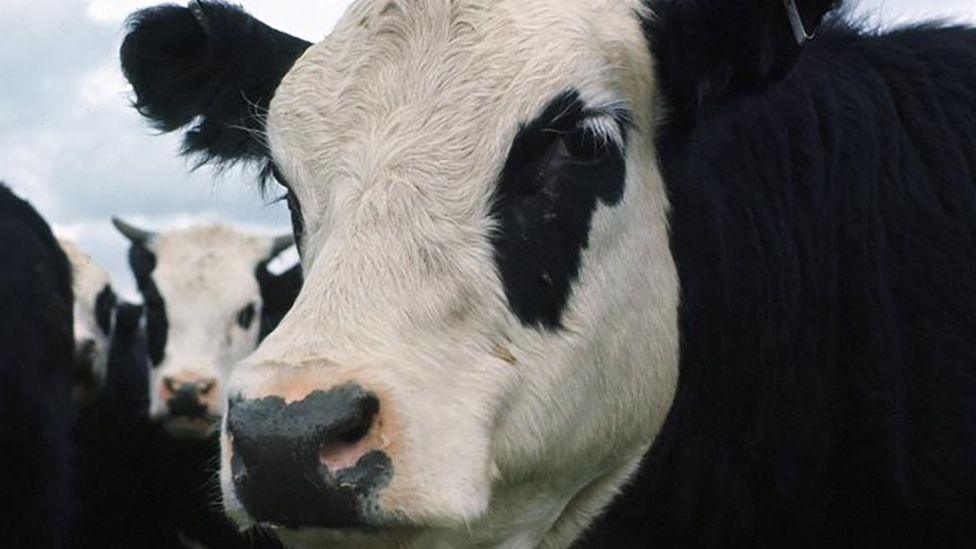Bluetongue outbreak extends to Essex

Bluetongue can cause infertility and breathing problems in some animals
- Published
The first case of the bluetongue virus during a recent outbreak has been detected in Essex.
The Department for Environment, Food and Rural Affairs (Defra) said the disease had been found at four new premises, external within its restricted zone on Friday, including the first in Essex.
Defra recently restricted the movement of sheep and cattle within Norfolk, Suffolk and Essex and advised keepers of lifestock to remain vigilant.
It said bluetongue, which can cause infertility and breathing problems in some animals but does not affect people or food safety, had been found at 24 premises since 26 August.
Defra said it could prove fatal for infected animals "in the most severe cases".
The virus is spread by the bites of midges that are often blown over from the continent during spells of warm weather.
The virus was first detected during this outbreak at a farm near Beccles, Suffolk, on 26 August.
On Thursday, a temporary control zone was set up in East Yorkshire after a case was found near Withernsea.
Defra said farmers should continue to monitor their animals frequently and report "suspicion of disease" immediately.
Last winter there were 126 bluetongue cases in England, on 73 premises in four counties.
Get in touch
Do you have a story suggestion for Essex?
Follow Essex news on BBC Sounds, Facebook, external, Instagram, external and X, external.
- Published2 September 2024

- Published5 September 2024
